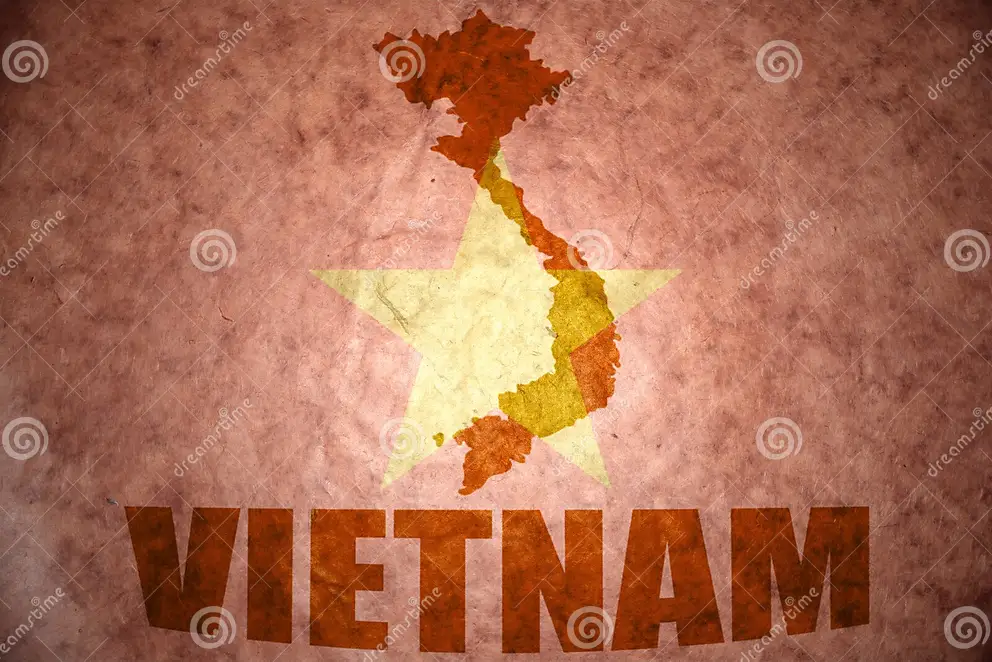
Destruction of French Rule in Vietnam – Battle of Điện Biên Phủ
In early 1954, a pivotal and intense battle unfolded at Dien Bien Phu, a remote valley in northern Vietnam. This battle was the culmination of a seven-year struggle between France and the communist-led Viet Minh, who sought to end colonial rule and establish an independent Vietnam. The conflict was part of a broader contest for the future of Southeast Asia during the Cold War, as Western powers and communist forces vied for influence in the region.
The French, underestimating the determination and military capability of the Viet Minh, chose Dien Bien Phu as the site to draw the enemy into a decisive engagement. Their plan was to lure the Viet Minh into a conventional battle, where French firepower would be decisive. However, the French grossly miscalculated. The Viet Minh, under the leadership of General Vo Nguyen Giap, conducted an extraordinary logistical effort, hauling heavy artillery through difficult terrain to encircle the French forces.
The siege of Dien Bien Phu began in March 1954 and stretched over 55 brutal days. The French garrison, numbering around 13,000 troops, found themselves isolated and under constant bombardment. Despite desperate attempts to resupply the troops by air, the French forces were slowly overwhelmed. By May 7, 1954, the Viet Minh forces had overrun the French positions, forcing the French to surrender.
The defeat at Dien Bien Phu was catastrophic for France. It marked the end of French colonial rule in Indochina, as the Geneva Accords were soon signed, leading to the partition of Vietnam. This defeat also marked a significant turning point in global geopolitics, pushing the United States to consider deeper involvement in Vietnam, setting the stage for the Vietnam War.




